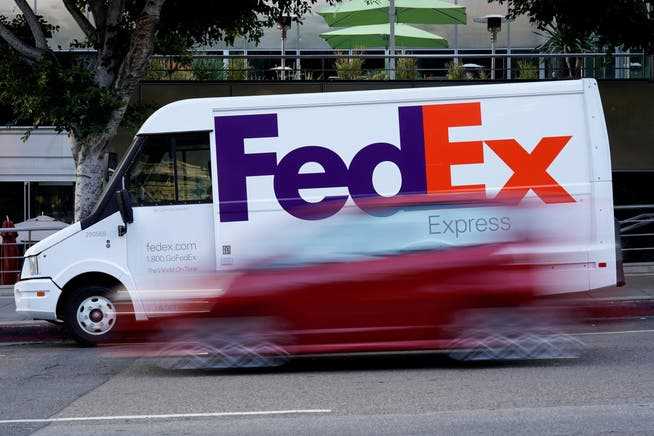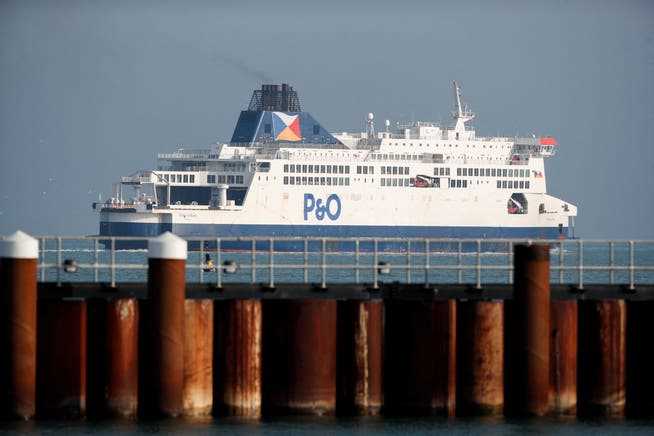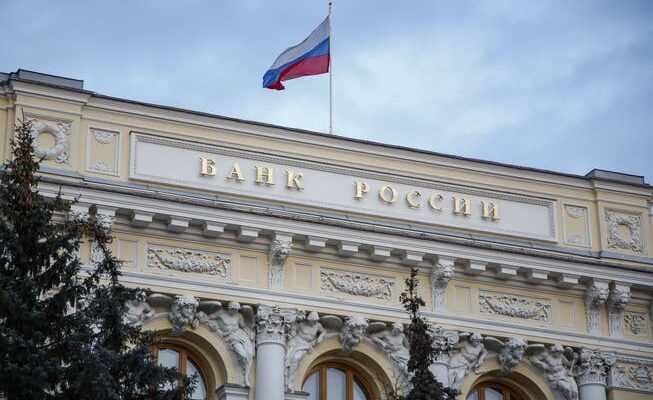Russia has averted state bankruptcy for the time being
The Russian central bank is still paying back bonds.
(Reuters) Russia has apparently been able to avert a state bankruptcy for the time being despite Western sanctions. Some holders of $117 million in Russian dollar bonds have received the interest payments due, two market participants told Reuters. Russia has thus – not as initially threatened – paid off the bonds in the weak rouble. The payments are seen as a first test of whether the government in Moscow can meet its international debt obligations, although the West also wants to hit the Russian financial market with sanctions. The first interest payments on the bonds were due on Wednesday. Even if Russia didn’t settle all the bills, it would still be some time before one could speak of state bankruptcy. Officially, a payment default only occurs when a 30-day grace period has expired. It would be the first time since 1998 that Russia defaulted on its debt.
New CEO at Lindt & Sprüngli
mbe
The Swiss chocolate group Lindt & Sprüngli is getting a new CEO. After six years at the top, the previous CEO, Dieter Weisskopf, will resign at the end of 2022. He is reaching retirement age and is due to join the Board of Directors. His successor will be the Austrian Adalbert Lechner. He has been with Lindt & Sprüngli since 1993. Among other things, he manages the important German business and has been part of the extended group management since 2014. Lindt & Sprüngli is thus continuing a tradition of continuity in company management. The Chairman of the Board of Directors will remain the long-standing influential figure at the Group, Ernst Tanner.
Gazprom is apparently pumping gas through Ukraine again on a large scale
(dpa) After two days of slightly lower delivery volumes, Russia is once again providing the usual high volume of gas for transit through Ukraine to Europe. In accordance with contractual agreements, 105.1 million cubic meters would be pumped on Friday, a spokesman for the state-owned company Gazprom told the Interfax agency. Amid Russia’s war against Ukraine, Gazprom had delivered 94.6 million cubic meters on Thursday and 95 million cubic meters on Wednesday for transit through the neighboring country, citing lower orders from European customers as the reason for the temporary drop.
Japan’s central bank is sticking to loose monetary policy
(dpa) Japan’s central bank is sticking to its extremely loose monetary policy for the time being. The Bank of Japan made its decision on Friday (March 18) after two days of deliberations. Commercial banks can continue to get money from the central bank almost free of charge. Credit for business investments and consumers remains cheap.
Prices are also rising in Japan, but mainly because of the drastic increase in energy costs. The inflation target of two percent that has been pursued for years has still not been reached. Added to this are the uncertainties caused by the Russian war of aggression against Ukraine. While the American central bank, the Fed, raised its key interest rate on Wednesday for the first time since the beginning of the corona pandemic, its colleagues in Japan are sticking to their course, as expected.
Fedex increases profit sharply – investors are still disappointed

A Fedex truck in Los Angeles, California on October 16, 2019. The company has increased profits amid the pandemic.
(dpa) Postal competitor Fedex made excellent earnings in the most recent fiscal quarter thanks to the ongoing boom in online orders. Net profit climbed from 892 million to 1.1 billion dollars (1.04 billion francs) compared to the same period last year, as the parcel service announced on Thursday after the US stock market closed. Revenue increased by almost ten percent to $23.6 billion.
Nevertheless, investors initially let the share fall in after-hours trading. An even better quarterly result had been expected on Wall Street. Fedex and its rivals such as UPS and DHL benefited greatly from the shift in consumption to the internet during the pandemic. But companies also face higher labor and transportation costs amid inflation and supply chain issues.
Dover-Calais ferry operator P&O lays off 800 crew members – travelers stranded, truck jams

A P&O ferry departs the Port of Dover on 1st January 2021.
(dpa) The British ferry operator P&O Ferries, which operates the routes from Dover to Calais and from Hull to Rotterdam, among other things, is laying off its crews with 800 employees due to financial difficulties. The market leader surprisingly announced on Thursday (March 17) that the connections would not be served in the coming days. “We advise travelers to make alternative arrangements.” Frustrated vacationers were stranded at the ports, long truck traffic jams formed. The British government condemned the move. Prime Minister Boris Johnson was not informed in advance, said his spokesman.
P&O justified the decision by saying that it would protect the other 2,200 employees. “We’ve made a loss of £100m year on year which has been covered by our parent company DP World. That’s not sustainable. Without these changes, there is no future for P&O Ferries.” P&O still operates routes between Dublin and Liverpool and from Cairnyan in Scotland to Larne in Northern Ireland.
The RMT union was outraged. The workers were fired at short notice and with immediate effect. Some crews refused to abandon ship as the BBC reported. The PA news agency reported that handcuffed security forces were deployed to remove crew members. The union fears that the crews will be replaced with cheaper workers from Eastern Europe. Employees protested at the important port of Dover and blocked an access road.
Like many transport companies, P&O Ferries was hit hard by the corona pandemic. Passenger numbers had dropped significantly. Before the pandemic, the company transported more than 10 million travelers annually and around 15 percent of freight to and from the UK.
